At San Sebastian Festival’s 71st edition, Zabaltegi-Tabakalera will host a series of works coming in the main from Berlin, Cannes, Locarno and Venice, among other festivals. In the event’s most open competitive selection, where everything goes as far as style and runtime are concerned, Ion de Sosa, Andrés Di Tella, Ashmita Guha Neogi, Kohei Igarashi and Rati Oneli will show their latest works as world premieres alongside moviemakers such as Paul B. Preciado, Delphine Girard, Jean-Luc Godard, Yui Kiyohara, Damien Manivel, Rodrigo Moreno, Éléonore Saintagnan and Eduardo Williams. The selection will have the participation of 25 titles: fifteen features, eight shorts and two medium-length films.
Zabaltegi-Tabakalera will open with Subete no Yoru wo Omoidasu / Remembering Every Night, directed by the filmmaker Yui Kiyohara (Tokyo, Japan. 1982), who participated in the Berlinale’s Forum section with her debut, Our House (2018). This year, in the same section, she showed her second full-length film, a study of various female characters. The opening event will also include the showing of a posthumous short film by Jean-Luc Godard (Paris, France. 1930 – Rolle, Switzerland. 2022) premiered at the last Festival de Cannes: Film annonce du film qui n’existera jamais: ‘Drôles de Guerres’ / Trailer of the Film That Will Never Exist: ‘Phony Wars’.
Tasked with closing the section is the documentary-maker Ulises de la Orden (Buenos Aires, Argentina. 1970), who will show El juicio / The Trial, a non-fiction premiered in the Panorama section of the Berlinale bringing a detailed document of the trial against the military juntas of the Argentinian dictatorship in 1985.
Programmed in the official short film competition of the Festival de Cannes, Aunque es de noche / Even Though It’s Night is signed by Guillermo García López (Madrid, España. 1985), who sets the film in Sector 6 of La Cañada Real, an illegal settlement on the outskirts of Madrid. His first work, Frágil equilibrio (2016), won the Goya for Best Documentary. This year he also showed another short at the Quinzaines des Cinéastes in Cannes, As gaivotas cortam o céu / Seagulls Cut the Sky, co-directed with Mariana Bártolo.
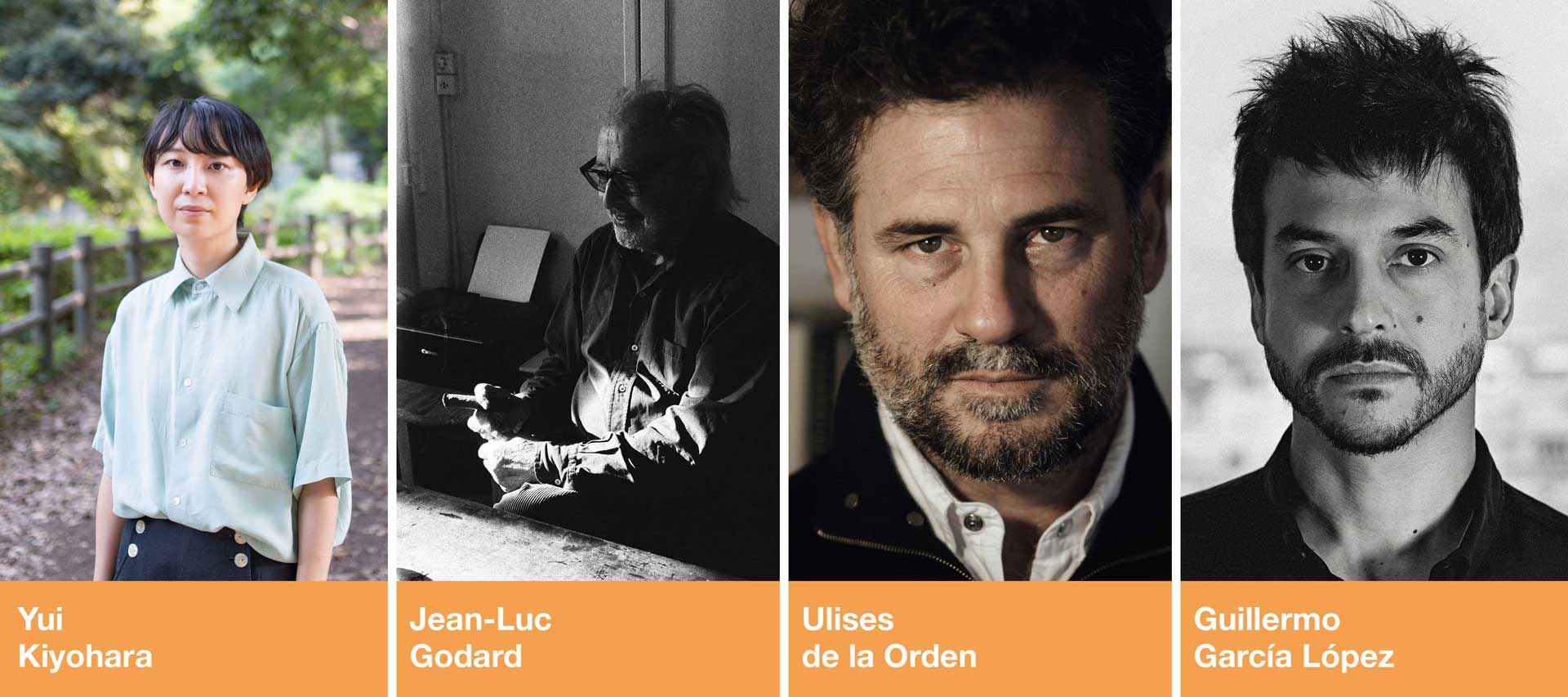
Having shown her shorts at festivals including FID Marseille and Visions du Réel, Éléonore Saintagnan (Paris, France. 1979) now makes her feature debut with Camping du lac, starring the director herself and opening as she rents a bungalow near a lake in which a legendary beast is said to live. The film comes fresh from its participation in the Cineasti del Presente section of the Locarno Film Festival, where it won the Special Jury Prize.
Based on the short film of the same name, Xue yun / Absence is the feature debut from Wu Lang (Yiyang, China. 1991), who took this tale of two former lovers whose fates remain entwined to the Encounters section of the Berlin Festival. The director participates in Zabaltegi-Tabakalera twofold, given that the screening of Absence will be accompanied by that of his short movie Duan Pian Gu Shí / Short Story, to have its premiere in the Orizzonti section in Venice, following a man who dreams of his wife, whom he hasn’t seen for a long time, saying goodbye to him.
Coming from the official competition of the Locarno Festival, at which he won the Golden Leopard for Best Film with El auge del humano / The Human Surge (2016), Eduardo Williams (Buenos Aires, Argentina. 1987) will show his second movie, El auge del humano 3 / The Human Surge 3, a tale set in a strange and mysterious world. The film won the Boccalino d’Oro Independent Critics’ Prize for Best Film at Locarno.
A son who has no option but to move back in with his elderly father plays the lead part in Gamopituli Khalkhi / We Are The Hollow Men a short film directed by Rati Oneli (Tbilisi, Georgia, 1977), who was the producer, co-screenwriter and actor of Dasatskisi / Beginning (Dea Kulumbegashvili, 2020), winner of the Golden Shell for Best Film, the Silver Shells for Best Director and Best Actress, and of the Jury Prize for Best Screenplay. Oneli’s award-winning hybrid documentary City of the Sun premiered at the Berlinale in 2017.
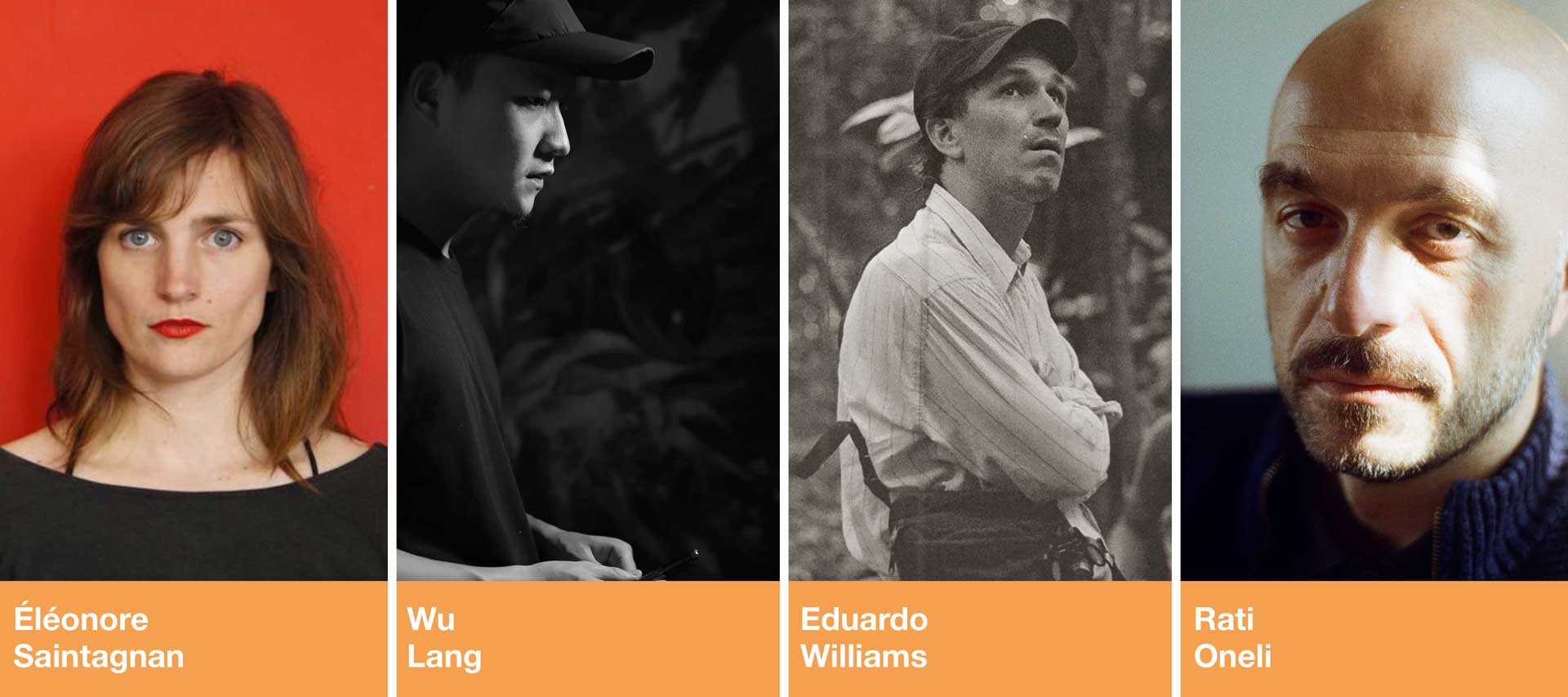
The winner of the Best Film Award in the Encounters section of the Berlinale was Here, in which Bas Devos (Zoersel, Belgium. 1983) follows a migrant whose homecoming is postponed by the possibility of a romance. With his previous features, Devos has screened in other sections of the Berlin festival and at events including the Quinzaine des Cinéastes in Cannes, Rotterdam and Karlovy Vary.
Damien Manivel (Brest, France. 1981) bagged a Special Mention in the French competition at FID Marseille with L’Île / The Island, a tale of friendship and coming of age. The film represents Manivel’s third visit to Zabaltegi-Tabakalera, where he formerly showed La nuit où j’ai nagé / Oyogisugita Yoru / The Night I Swam (2017), co-helmed with Kohei Igarashi and premiered in the Orizzonti section in Venice, and Les enfants d’Isadora / Isadora’s Children (2019), which landed a Special Mention after bagging Best Director in Locarno.
La Palisiada, the directorial debut with which Philip Sotnychenko (Kyiv, Ukraine. 1989) carried off the FIPRESCI Prize in the Tiger competition at Rotterdam Festival, follows two friends, a police detective and forensic psychiatrist, as they tackle a murder investigation.
Rodrigo Moreno (Buenos Aires, Argentina. 1972), who garnered a Special Mention in Horizontes Latinos with El custodio (2006), participates this time round in Zabaltegi-Tabakalera with Los delincuentes / The Delinquents, premiered in Un Certain Regard at the Festival de Cannes. In his latest feature, Moreno tells the story of Morán and Román, two bank employees whose routine is disrupted when one of them robs the branch at which they work.
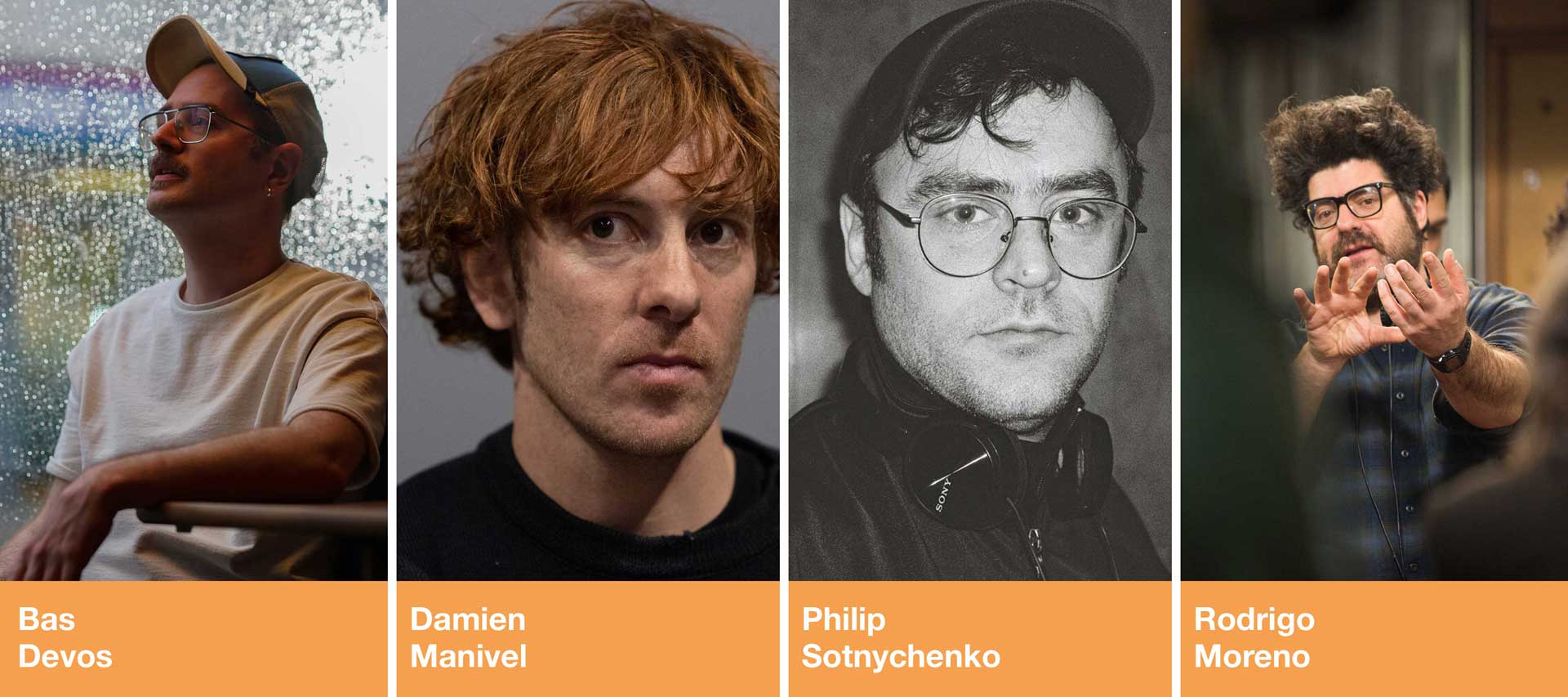
Andres Di Tella (Buenos Aires, Argentina. 1958), who sat on San Sebastian’s Horizontes Award Jury in 2016 and was president of the Nest jury in 2022, will return with his latest work, Mixtape La Pampa, a feature penetrating the landscape of an area whose symbolism is key to shaping the identity of his country. The moviemaker’s previous participations in Zabaltegi-Tabakalera are 327 cuadernos (2015), Ficción privada / Private Fiction (2019) and Diarios (2022).
Zabaltegi-Tabakalera will show another award-winning film from the Berlinale’s Encounters section, Orlando, mi biografía política / Orlando, My Political Biography, winner of four accolades, including the Special Jury Prize. In his feature debut, the writer, philosopher and activist Paul B. Preciado (Burgos, Spain. 1970) takes Virginia Woolf’s novel as his basis to address questions such as gender and non-binary bodies.
Atsushi Hirai (Toyama, Japan. 1989), who participated in Locarno with his first short, Return to Toyama, will bring to Zabaltegi-Tabakalera a work screened in the short film section of the Quinzaine des Cinéastes. Entitled Oyu, the director describes a man’s visit to public toilets in search of a lost object.
Ashmita Guha Neogi (Delhi, India. 1991), who won the Nest Award for CatDog and is currently working on her first feature, will show a medium length-film, Sīlan, about two estranged siblings who contact one another again when their mother dies.
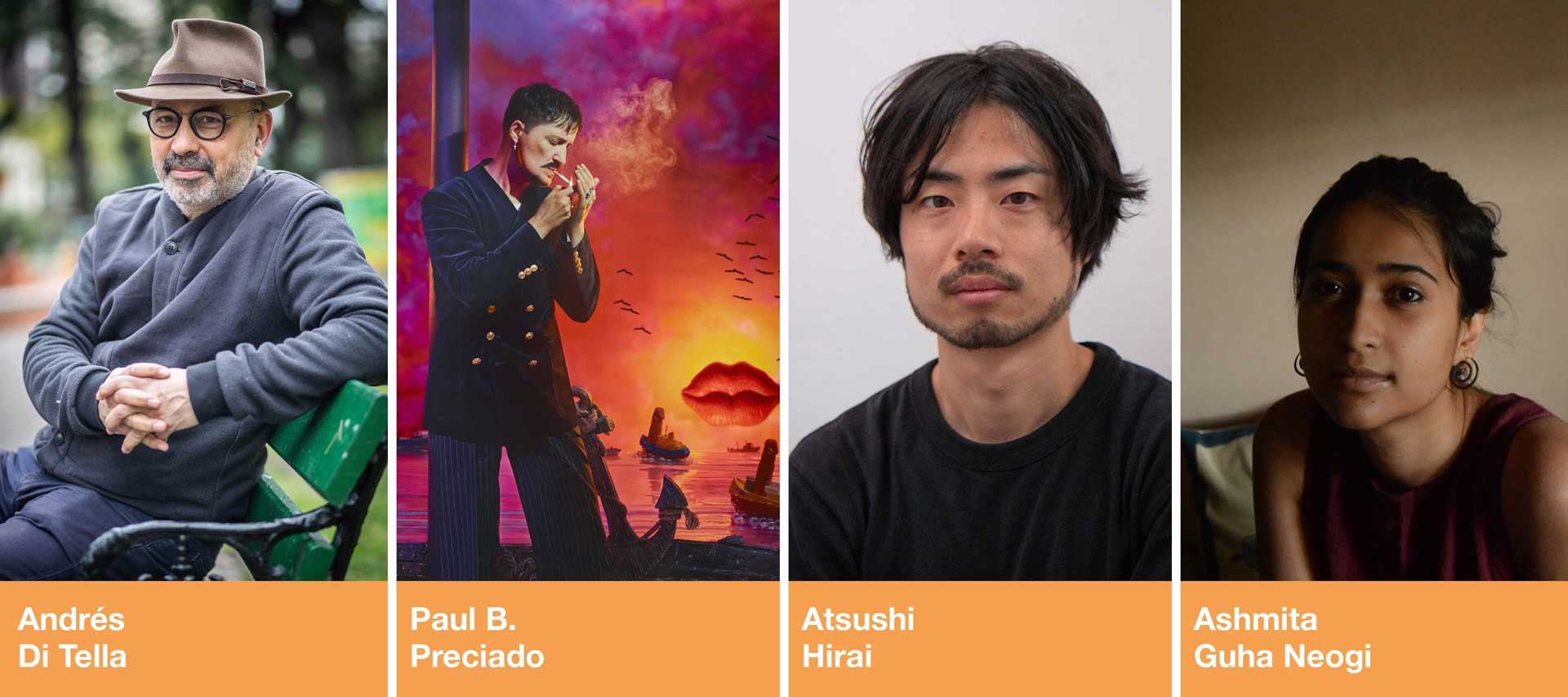
The Belgian director Delphine Girard (Quebec, Canada. 1990) will compete in Zabaltegi-Tabakalera with her first feature, Quitter la nuit / Through the Night, developing the idea for her Academy Award-nominated short Une soeur / A Sister. The film, included in the Giornate degli Autori in Venice, follows three characters scarred by the echoes of violence.
Blazh / Grace is the feature debut from Ilya Povolotsky (Izhevsk, Russia. 1987), who participated in the Quinzaine des Cinéastes with this delicate meditative tale of father and daughter, who travel through a haunting landscape with their movie projector.
The actress and director Shaylee Atary (Rishon Lezion, Israel. 1989) will show her second short, Or panas yachid / Single Light, premiered at the Jerusalem Festival and focused on a female victim of sexual aggression. She participated in the Cinéfondation at the Festival de Cannes with her first short film, Neurim.
Kohei Igarashi (Shizuoka, Japan. 1983) competed in Zabaltegi-Tabakalera with La nuit où j’ai nagé / Oyogisugita Yoru / The Night I Swam (2017), a film screened in the Orizzonti section of the Venice Mostra and co-directed with Damien Manivel. The latter is precisely the producer of the latest work bringing Igarashi back to the section, the short film Suigyo no majiwari /Two of Us, about two childhood friends who spend their holidays together.
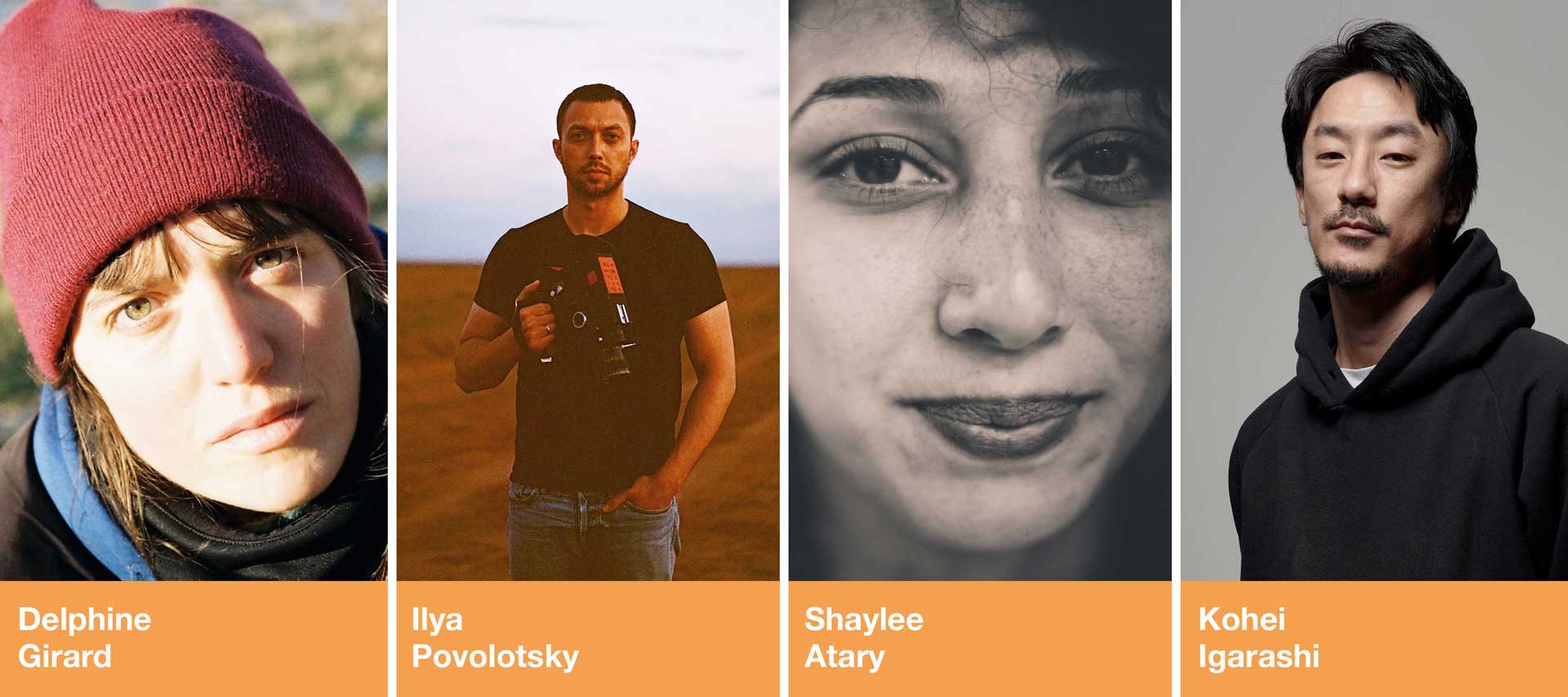
The selection also includes four previously announced titles with Spanish production: Antier noche / Nights Gone By is the feature debut from Alberto Martín Menacho (Madrid, 1986), developed at the Ikusmira Berriak residency and project development programme and premiered at Visions du Réel; Bén Trong Vo Ken Vang / Inside the Yellow Cocoon Shell, directed by An Pham Thien (Vietnam, 1989), is an international co-production, winner of the Caméra d’Or award going to the Best Debut at the Festival de Cannes; Mamántula is a medium-length movie signed by Ion de Sosa (Urnieta, 1981), author of works including Leyenda dorada / The Golden Legend (2019), which screened in Zabaltegi-Tabakalera after competing at the Berlinale; and Contadores is a short film by Irati Gorostidi (Eguesibar, 1988) which participated in the Semaine de la Critique at Cannes and was included in last year’s Kimuak catalogue.
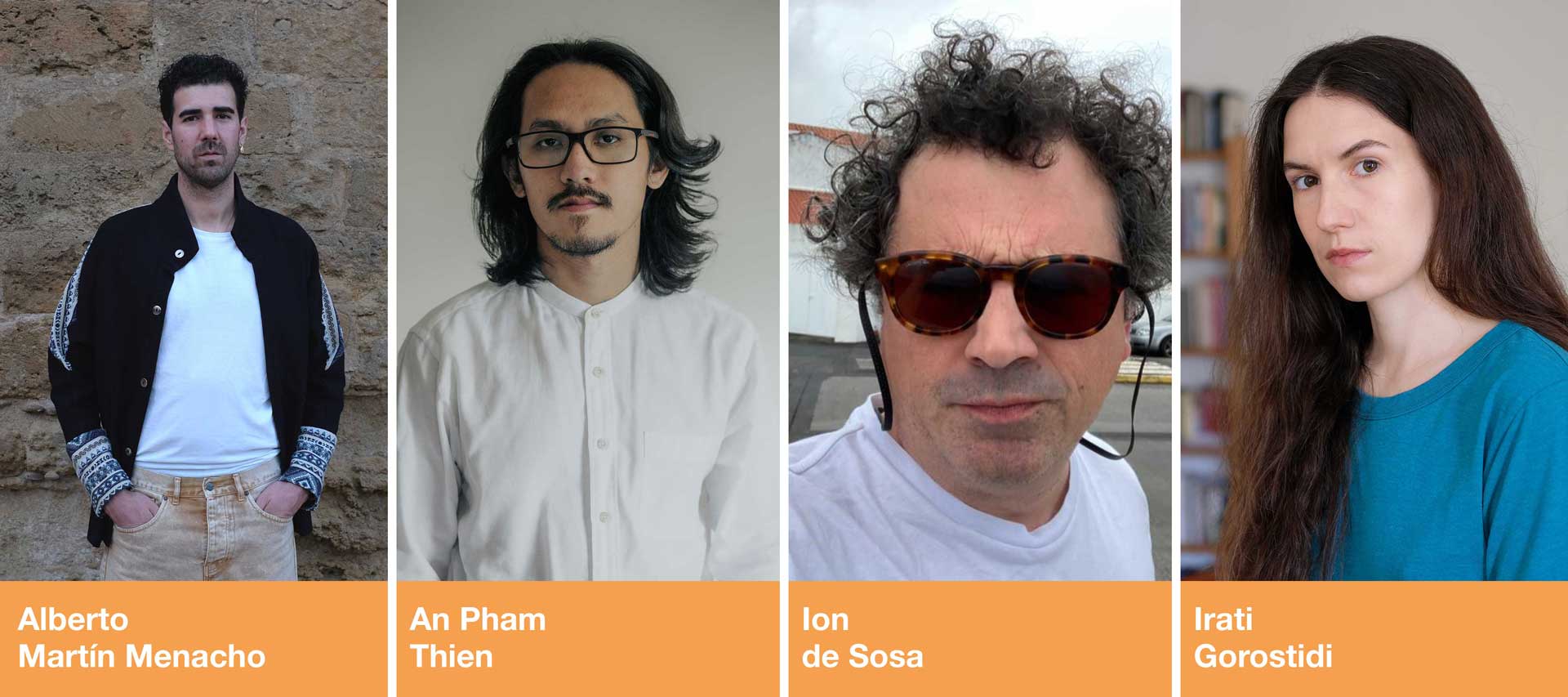
All films in the Zabaltegi-Tabakalera section, organised by the San Sebastian Festival and Tabakalera-International Centre for Contemporary Culture, compete for the Zabaltegi-Tabakalera Award, decided by a dedicated jury. The accolade comes with 20,000 euros for the director (6,000 euros) and distributor of the film in Spain (14,000 euros).





